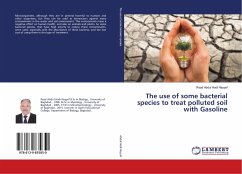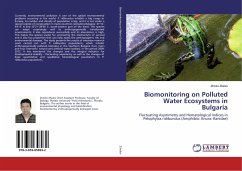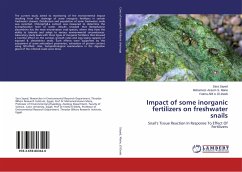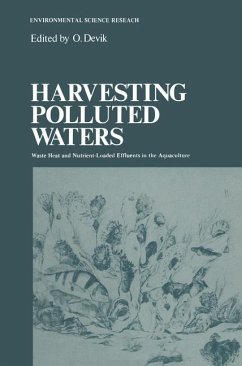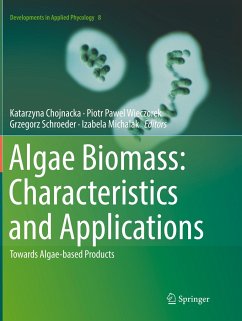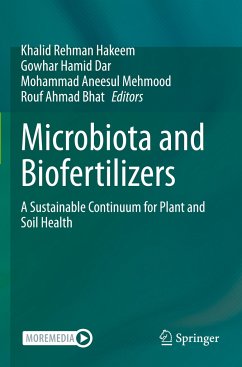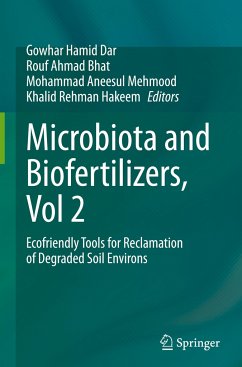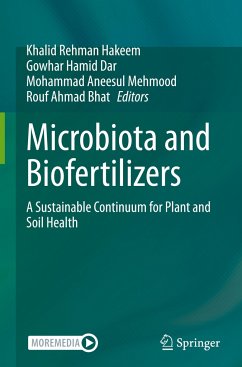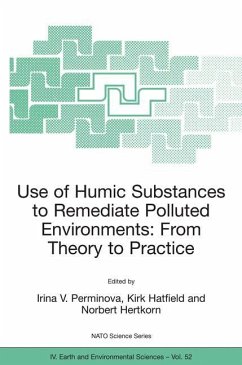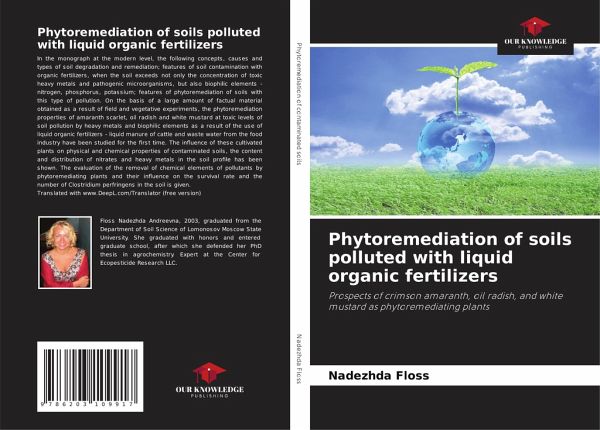
Phytoremediation of soils polluted with liquid organic fertilizers
Prospects of crimson amaranth, oil radish, and white mustard as phytoremediating plants
Versandkostenfrei!
Versandfertig in 6-10 Tagen
44,99 €
inkl. MwSt.

PAYBACK Punkte
22 °P sammeln!
In the monograph at the modern level, the following concepts, causes and types of soil degradation and remediation; features of soil contamination with organic fertilizers, when the soil exceeds not only the concentration of toxic heavy metals and pathogenic microorganisms, but also biophilic elements - nitrogen, phosphorus, potassium; features of phytoremediation of soils with this type of pollution. On the basis of a large amount of factual material obtained as a result of field and vegetative experiments, the phytoremediation properties of amaranth scarlet, oil radish and white mustard at t...
In the monograph at the modern level, the following concepts, causes and types of soil degradation and remediation; features of soil contamination with organic fertilizers, when the soil exceeds not only the concentration of toxic heavy metals and pathogenic microorganisms, but also biophilic elements - nitrogen, phosphorus, potassium; features of phytoremediation of soils with this type of pollution. On the basis of a large amount of factual material obtained as a result of field and vegetative experiments, the phytoremediation properties of amaranth scarlet, oil radish and white mustard at toxic levels of soil pollution by heavy metals and biophilic elements as a result of the use of liquid organic fertilizers - liquid manure of cattle and waste water from the food industry have been studied for the first time. The influence of these cultivated plants on physical and chemical properties of contaminated soils, the content and distribution of nitrates and heavy metals in the soilprofile has been shown. The evaluation of the removal of chemical elements of pollutants by phytoremediating plants and their influence on the survival rate and the number of Clostridium perfringens in the soil is given.Translated with www.DeepL.com/Translator (free version)



